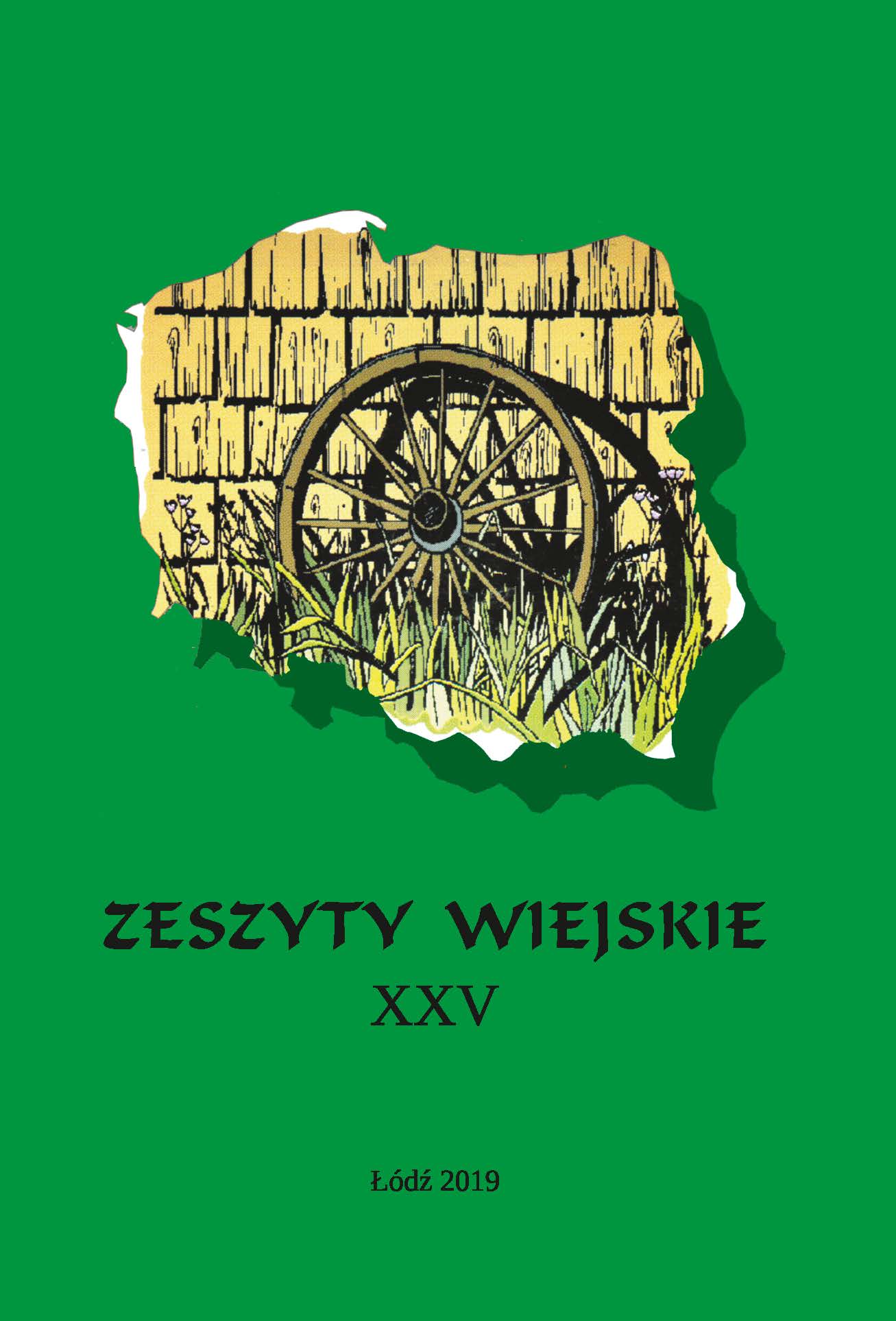Inteligencja wiejska w Polsce w latach 1945–1989
Rural Intelligence in Poland in the Period between 1945–1989
Author(s): Adriana Merta-Staszczak, Sylwia Straszak-ChandohaSubject(s): Higher Education , History of Education, Rural and urban sociology
Published by: Wydawnictwo Uniwersytetu Łódzkiego
Keywords: village;education;university education;agricultural universities
Summary/Abstract: After 1945 a number of changes occurred in rural Poland in relation to the education of farmers and their families, and the role of education in the lives of rural residents. First of all, a new group of peasant intelligentsia was formed, coming from the peasant or working-class environment. It was to replace the earlier elites by working in the spirit of socialist ideas and supporting the development of the state. Due to the need to rebuild the country and increase the efficiency of agriculture, educators and agricultural advisors trained in cities were also directed to villages. Pursuant to the implemented education development programs, farmers’ children gained access to schools, and parities were created for them at universities. As a result, there was a greater chance for farmers to send their children to universities, but this required financial capabilities of the family, as well as the belief that the education acquired would mean social advancement. The purpose of the article is to analyze the structure of education and educational opportunities of rural residents during the People’s Republic of Poland.
Journal: Zeszyty Wiejskie
- Issue Year: 2019
- Issue No: 25
- Page Range: 123-133
- Page Count: 11
- Language: Polish

